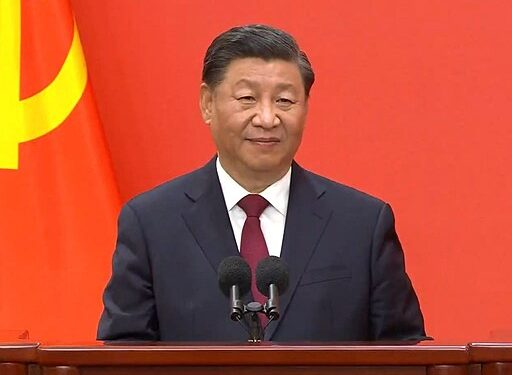Following the election of Lai Ching-te as Taiwan’s president, China has reiterated its position on the “reunification” of Taiwan, a self-governed island that Beijing claims as its own. The spokesperson for Beijing’s Taiwan Affairs Office, Chen Binhua, asserted in a statement that the election results would not hinder the “inevitable trend of China’s reunification.”
This declaration, made through the state news agency Xinhua, reflects China’s longstanding stance on Taiwan. Chen Binhua suggested that the Democratic Progressive Party (DPP), which secured a third consecutive term in office under Lai Ching-te’s leadership, does not represent the predominant public opinion in Taiwan.
The recent election in Taiwan, marked by fervent campaigning, was closely monitored by both Beijing and Washington, considering Taiwan’s strategic significance in the region. Lai Ching-te’s victory was notable for pitching himself as a staunch defender of Taiwan’s democratic values.
Chen emphasized that the election outcome would not alter the fundamental dynamics and developmental trends of cross-strait relations. He reiterated Beijing’s unwavering position on pursuing national reunification and its strong opposition to any activities promoting Taiwan’s independence or foreign interference.
Chinese President Xi Jinping, in a New Year’s address, had already declared the “unification” of Taiwan with China as “inevitable.” Additionally, Beijing had previously warned against Lai’s candidacy, labeling him a significant threat to peace due to his perceived inclination towards independence.
This development underscores the ongoing complexities in China-Taiwan relations and the broader geopolitical tensions involving significant global powers, especially with Taiwan’s primary military ally, the United States. The election and its aftermath are likely to continue shaping the discourse on the future of Taiwan and its relationship with mainland China.



























